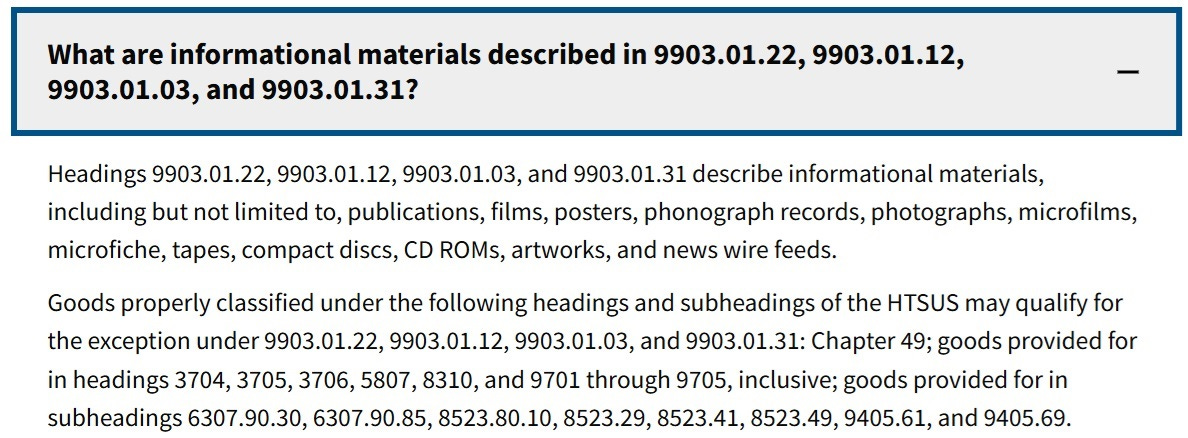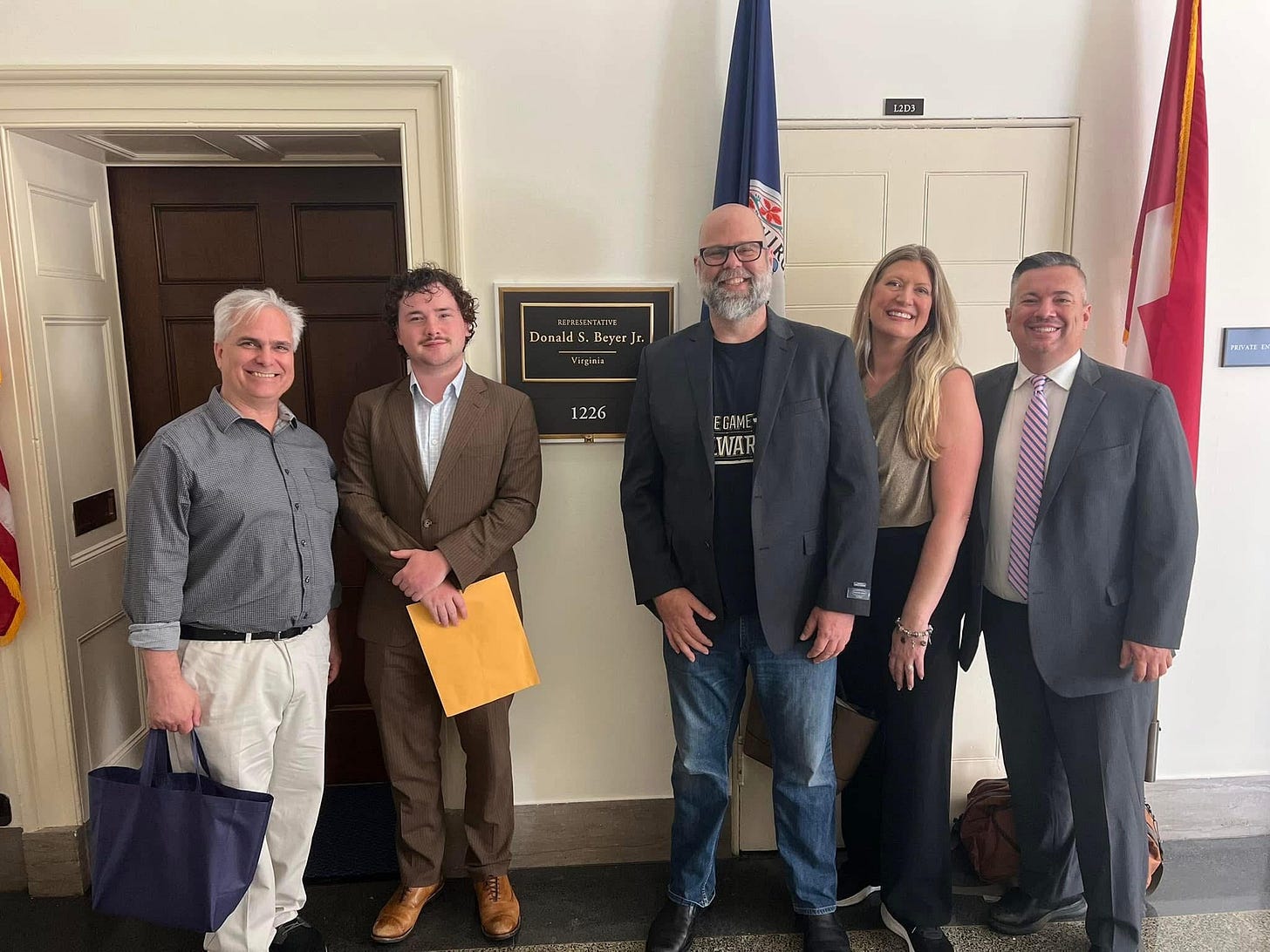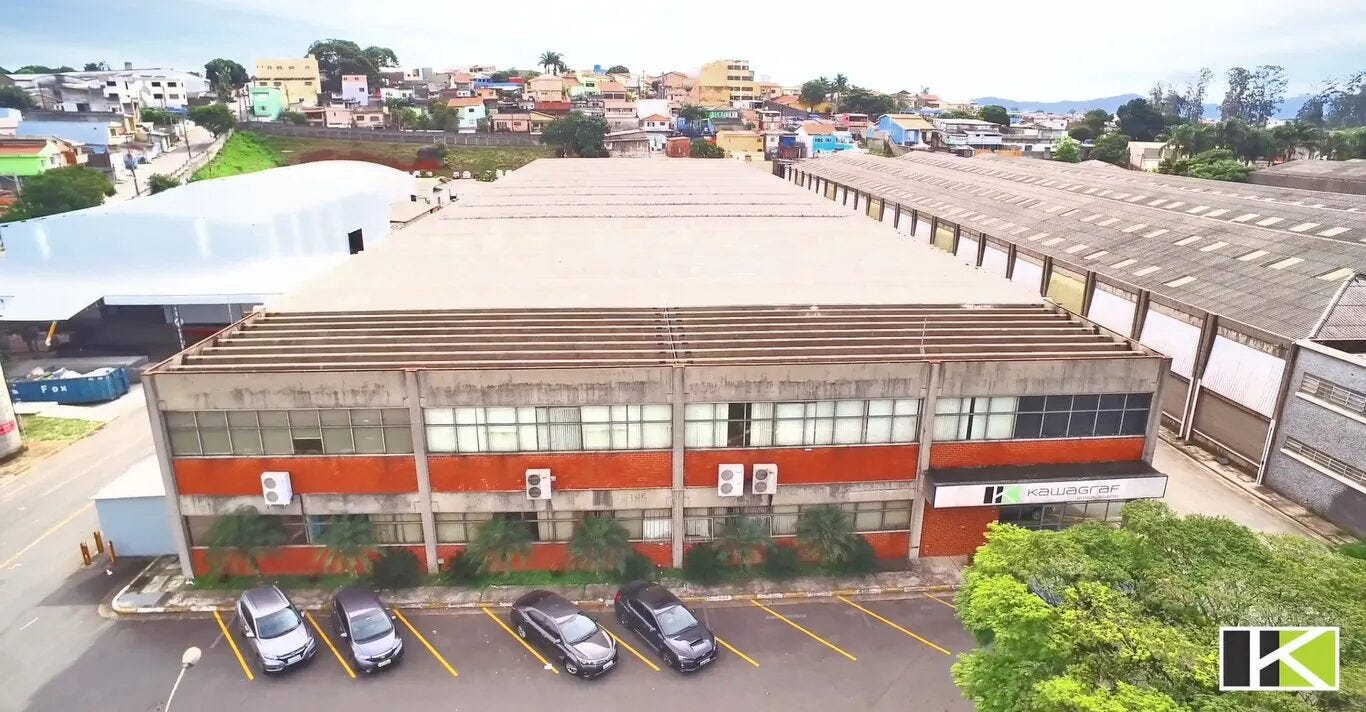These are interesting times to be a board game publisher. Alas, the phrase “may you live in interesting times” is a curse. I have wanted to write this post for a while but the dynamics of the situation kept changing. Now that we have a solid plan moving forward I feel comfortable writing this post.
To recap, 2024 was a good year for us and I had high hopes for 2025. The first half of 2025 was to be focused on delivering The Halls of Montezuma, Hunt for Blackbeard and Shakespeare’s First Folio with First Monday in October and reprints of Votes for Women and The Shores of Tripoli to follow. In the summer and fall, we would crowdfund Night Witches and Peace 1905 and continue development on our line of small box games and future releases. Unfortunately, the tariff situation has entirely wrecked that timeline.
Tariff Timeline
The Halls of Montezuma was scheduled to start production shortly after the Chinese New Year, but as a tariff hike was in the wind we got bumped in the production queue. This is not necessarily our manufacturer’s fault. We use Panda Game Manufacturing to coordinate the production of our games in China. Panda is a US-based company and they have a factory that does some printing and assembles and packages the games. But they rely on a number of other factories for dice, wood pieces, plastic pieces and some printed materials. (A little side note, for Votes for Women we had Panda search for a partner to manufacture a “Votes for Women” sash to include with each game but all of the options were unfortunately cost-prohibitive.) But considering the size of our print runs, it is understandable that a production of one of our games might get bumped for Finspan, Arcs or some other large print run game.
Once tariffs started being announced - 20%, 54%, 145%, it’s hard to keep track - many board game publishers put their production on hold. I planned to push through on production and if tariffs were still high deliver all of our international orders and ship the rest to Canada to wait out the tariff rate. But because so many publishers put production on hold, many factories in China furloughed their workers. Then when the 90-day 30% tariff was announced, those factories had to spin back up again for the rush of production that restarted. The 30% rate is set to expire and go to 55% on August 11. Of course, international freight prices are now spiking because of the crush of demand for products to ship prior to August 11. In short, a nightmare.
Options Evaluated
One option I evaluated is using a different HTS (Harmonized Tariff Schedule) code for our games. Most games are imported under 9504.90.6000, but “informational materials” are exempt from tariffs. Philosophically, I believe our games are educational and should be treated as informational materials (9903.01.31 would be the preferred HTS code for us) and exempt from tariffs. But after appropriate consultation it became apparent that “philosophically” is not the same as “legally” and US Customs would take a dim view of this classification.
Another option was to wait for a political solution. There are two political solutions - the IEEPA (International Emergency Economic Powers Act) legal case and a legislative solution. On the legal front, on May 28, the Court of International Trade unanimously ruled that the president’s actions to impose tariffs under IEEPA are unlawful, and it granted a nationwide permanent injunction to legally bar the government from collecting the challenged tariffs. The government immediately filed a notice of appeal at the US Court of Appeals for the Federal Circuit and filed a motion to stay the enforcement of the injunction. On May 29, the Federal Circuit granted an immediate administrative stay of the CIT order - meaning tariffs are still in effect for now. Oral arguments are set for July 31 with a ruling expected in August. Of course, any decision will likely be appealed to the US Supreme Court, so while this option may ultimately be successful, it will not be in any reasonable timeframe.
The legislative solution is for Congress to re-assert its control over tariff policy. On June 10-11, members of both GAMA (Game Manufacturers Association) and TTGDA (Table Top Game Designers Association) lobbied members of Congress to this end. Jason Matthews and I were both part of the group lobbying for S.1593 - Small Business Liberation Act - “To exempt small business concerns from duties imposed pursuant to the national emergency declared on April 2, 2025, by the President.” There seems to be little Republican support for this effort, so it is likely doomed to failure. But I heartily commend GAMA and TTGDA for organizing this effort and was proud to participate. Elizabeth Hargrave wrote an excellent report if you are interested.
A number of helpful folks on Facebook recommended that we just print in the United States. As much as I would love to do so, that is just not a possibility for us. When I first published The Shores of Tripoli, I got quotes from two American publishers. In both cases, they could only do the printing and packaging, so any dice and pieces would have to be sourced from overseas. Between the significantly higher price and the significantly lower quality of printing, this was a no-go. I know several companies (including personal favorites like Catastrophe Games and Hollandspiele) use Blue Panther to print-on-demand here in the United States. Indeed, we have used Blue Panther to do small print runs of play test kits - but, again, the cost is too high, the quality is too low, and we would need to source our dice and wood pieces overseas.
In an effort to explore all options, I ordered The Jaws of Victory by New England Simulations and Thunder on the Mississippi by Multi-Man Publishing to check on their quality. Despite hefty prices - both have an MSRP of $120 - the boxes are thin, the maps are paper, there are only two small d6 dice and no wood pieces. No disrespect is intended to these companies or their fine games, but comparing our games to their games from a component perspective is like comparing apples to oranges.
Of course, we could continue to make our games in China and then play tariff roulette and hope for the best. I outlined what it would mean for our company with tariffs at 20% and 145% and even without spiking freight prices it was not good.
Olá Brasil!
Thankfully, we have found an option that is palatable. Earlier this month, Panda announced that they would be partnering with Kawagraf in Brazil for game production. Some parts will still be manufactured in China, but the bulk of the printing and assembly will occur in Brazil and the games will qualify to be listed as “Made in Brazil.” Currently the tariff on Brazil is 10% and freight from Brazil to most of our markets (North America and Europe) is cheaper and faster. Panda gave me a heads up about this in early May but asked that I keep it confidential until they made a public announcement.
Of course, there is a lot of uncertainty involved in this switch. Panda assures me the quality is the same and we will confirm that when we receive our pre-production copies from the new factory. It is hard to estimate the timeline - will production move faster or slower? But I do admit to some comfort in not being dependent on China as our sole manufacturing location.
Goodwill
In business, goodwill is technically defined as, “the intangible value of a company that exceeds the fair market value of its identifiable assets and liabilities.” Excluding goodwill, Fort Circle has a negative value because of two outstanding liabilities (a $20,000 loan from the SBA and $100,000 loan from me) - but obviously I don’t think that Fort Circle has negative value. Our brand reputation, our industry partnerships, our designer, developer and graphic designer relationships, and our customer loyalty are all quite strong. But this tariff situation is certainly not helping - while most folks have been quite understanding, I fully expect we will lose a few dozen customers. And not all of the blame can be laid on the tariffs. We made changes to both The Halls of Montezuma and Hunt for Blackbeard that pushed them from 2024 to 2025, so those delays are firmly on my shoulders.
Every production of ours has had some kind of external disaster. The Shores of Tripoli and the first printing of Votes for Women were produced during COVID-19. The second printing of Votes for Women had to have a whole new shipping plan put in place after the Port of Baltimore was closed due to the collapse of the Francis Scott Key Bridge. And now these tariffs have created what Jamey Stegmaier termed the “Darkest Timeline” and I wouldn’t be surprised if there is a recession in the near future. And yet I still love what I do - working with smart game designers and fantastic graphic designers to create amazing games. Thank you for being along for the ride.









Thanks for sharing. As I've said elsewhere, I'm excited to receive the games, whenever that may be, and I plan to continue to support you. I hope it all works out well.
Hang in there brother! Hopefully better times are coming.
Tim